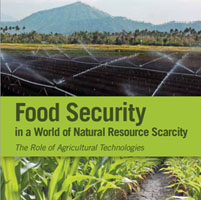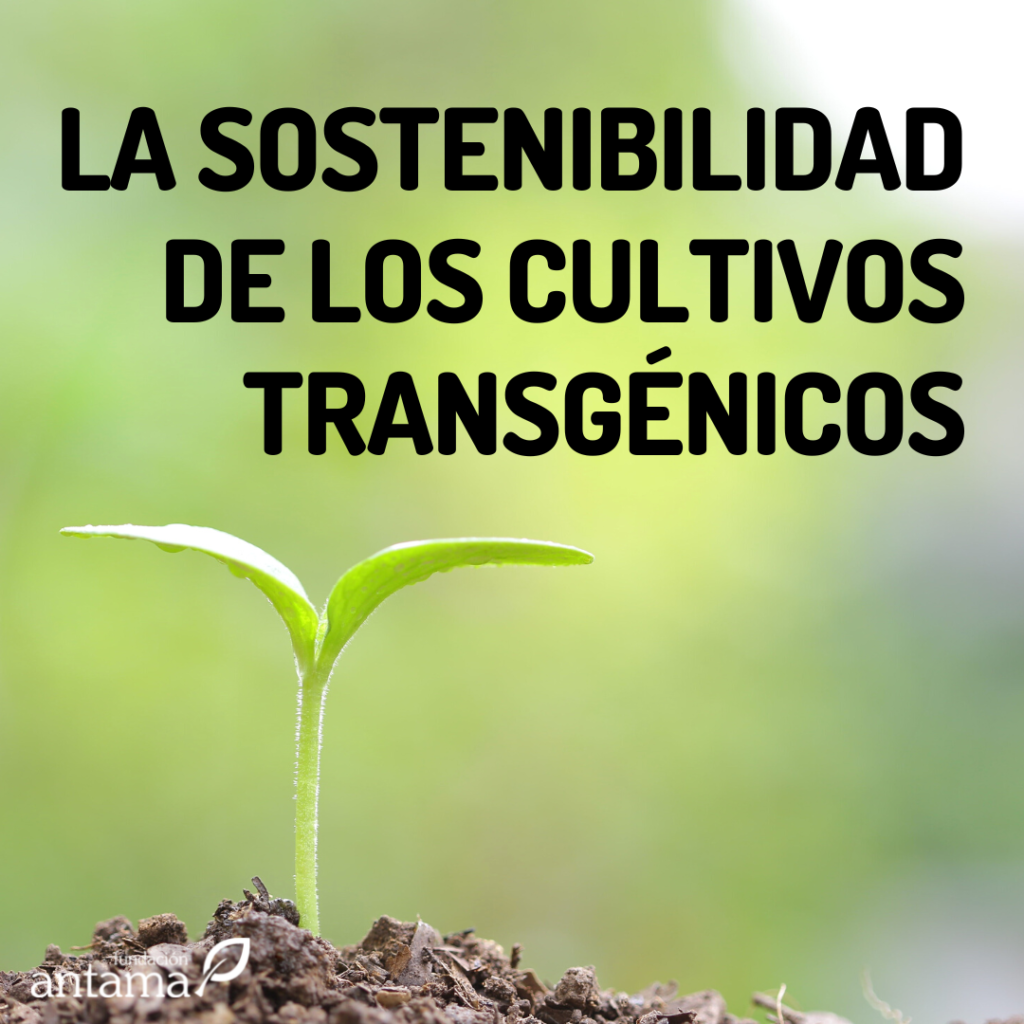 The signing entities have expressed their rejection to the proposal of changes to the measures implemented to restrict or prohibit the use of genetically modified organisms (GMOs) in the European Union (EU). If such a proposal of the European Commission were to be made effective, it would endanger the Community market of food and feed, resulting in major negative economic and social impacts. These new regulations would allow member States to restrict or prohibit the use of biotechnology products for human and/or animal feeding, which have already been approved by the strict scientific and health regulatory framework of the EU at the community level and which have already passed the corresponding safety controls.
The signing entities have expressed their rejection to the proposal of changes to the measures implemented to restrict or prohibit the use of genetically modified organisms (GMOs) in the European Union (EU). If such a proposal of the European Commission were to be made effective, it would endanger the Community market of food and feed, resulting in major negative economic and social impacts. These new regulations would allow member States to restrict or prohibit the use of biotechnology products for human and/or animal feeding, which have already been approved by the strict scientific and health regulatory framework of the EU at the community level and which have already passed the corresponding safety controls.
A few months ago, the European commission recognised that the implementation of changes to restrictions or prohibitions on GMOs would only apply to cultivation (a contradiction we had already warned about) with the purpose of not endangering the internal market or European research practices. However, we are now facing a similar proposal to that associated with cultivation, which would have a major negative impact on the food and agriculture sector. The EU has ignored science once again, with the purpose of allowing member States to prohibit the use of GMOs, based on reasons associated with politics and ideology rather than on objective scientific evidence, despite the fact that the safety of these products has been certified by the European Food Safety Authority (EFSA) and the fact that these products are currently being consumed with no problems whatsoever by third countries that export their production to the EU, as has been the case in the EU for the past 20 years.
This is a right of European food and feed operators and of the stockbreeder’s sector, i.e., the freedom to choose ingredients, provided that these have been classified as safe by the competent bodies. The signing entities declare that the proposal of the European Commission infringes upon the fundamental bases of the EU and the single market, making the whole sector less competitive, while slowing down the creation of jobs. This proposal not only threatens the single market and its correct functioning, but is also proof of the fact that the EU is incapable of enforcing the regulations of its current system of approvals.
For example, only the Spanish imports of genetically modified soy between 2000 and 2014 brought about savings of almost 55,000 million Euros, as compared to the importation of conventional soy[1]. The internal production of soy in the EU only covers 7% of its demand. Soy is the main source of protein used in food, especially in the case of animal feeding, while soy lecithin is used in many processed food products.
Blocking access to genetically modified soy would make the replacement of these imports with conventional soy INVIABLE, due to the shortage in the supply of this raw matter used by the feed manufacturing industry. This would lead to a 291% and 301% increase in the price of soy beans and soy meal, respectively.
Therefore, this would lead to a 49%, 54% and 85% increase in the cost of feed production ingredients for cattle, pigs and poultry, respectively. Likewise, the increase in the price of soy would have a final impact on the cost of production of eggs, poultry meat, pork and beef of 7.1%, 8.0%, 8.1% and 4.6%, respectively. Another basic crop for feeding livestock farming is maize, with an average national importation of approximately 6 million tons; many of these tons are supplied from countries that mainly grow genetically modified maize.
The changes applied to the restriction or prohibition of using GMOs will directly slow down growth, innovation, investment and competitiveness, while it destroys the confidence of consumers of the European system. Political or ideological interests that prevail over scientific evidence represent an insurmountable barrier to the investment in technology, a sector in which the EU was still an international role model. The proposal of the European Commission will have a major negative impact on the competitiveness of all agents of the agricultural and food chain.
The signing entities request the EU to abide by the current laws and that all products that comply with the risk assessment requirements with a scientific base are authorised with no unjustified delays. In January 2015, the European Union accumulated 58 requests for the approval of GMO imports; no requests were approved during 2014[2]. The correct enforcement of the existing legislation should be a priority of the European Commission.
[1] Report: ´ Genetically modified soy, an irreplaceable raw material in the EU. Assessment of alternatives and economic impact on the Spanish feed and livestock farming sector ´, prepared by Dr. Francisco J. Areal, Lecturer and Programme Director for the MSc Agricultural Economics of the University of Reading (United Kingdom).
Entidades firmantes (17): ACCOE, AECEC, ANOVE, Cooperativas Agroalimentarias, ANPROGAPOR, ASEBIO, ASAJA, ASEPRHU, ANAFRIC, ASOPROVAC, ProPollo, UPA, UNISTOCK, APROMAR, AGPME, PRObio y FUNDACIÓN ANTAMA.















